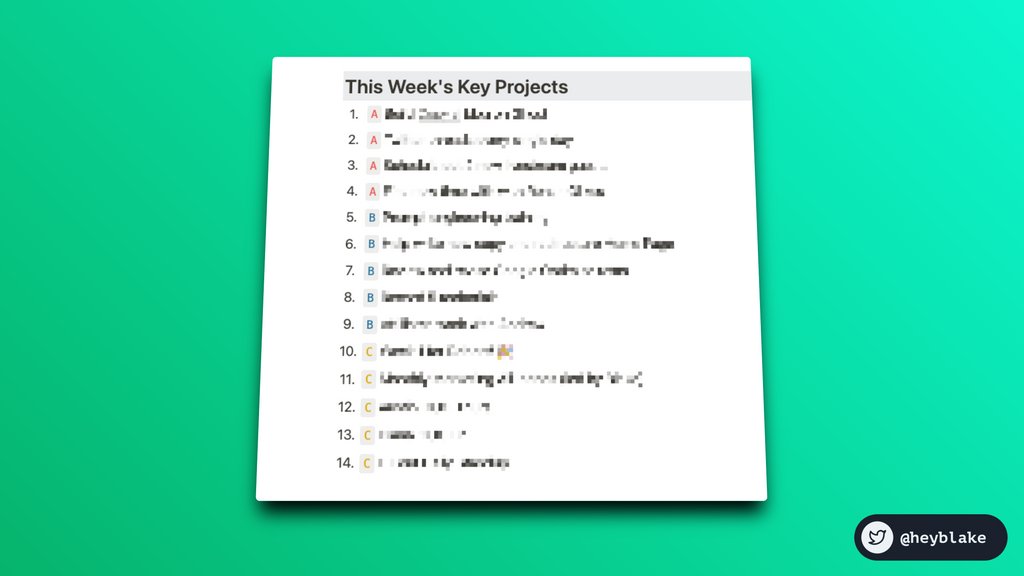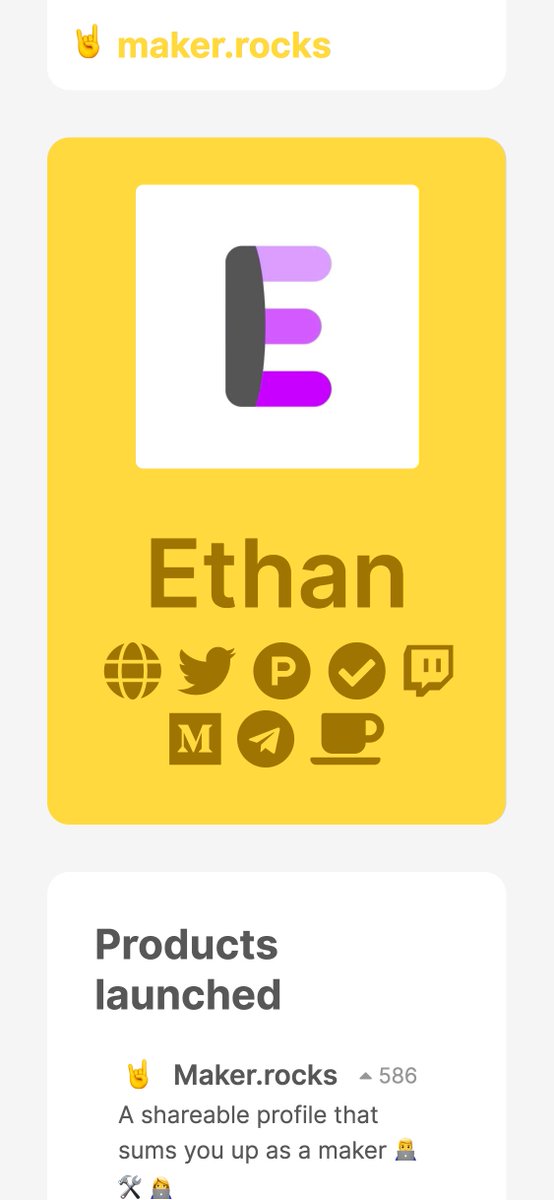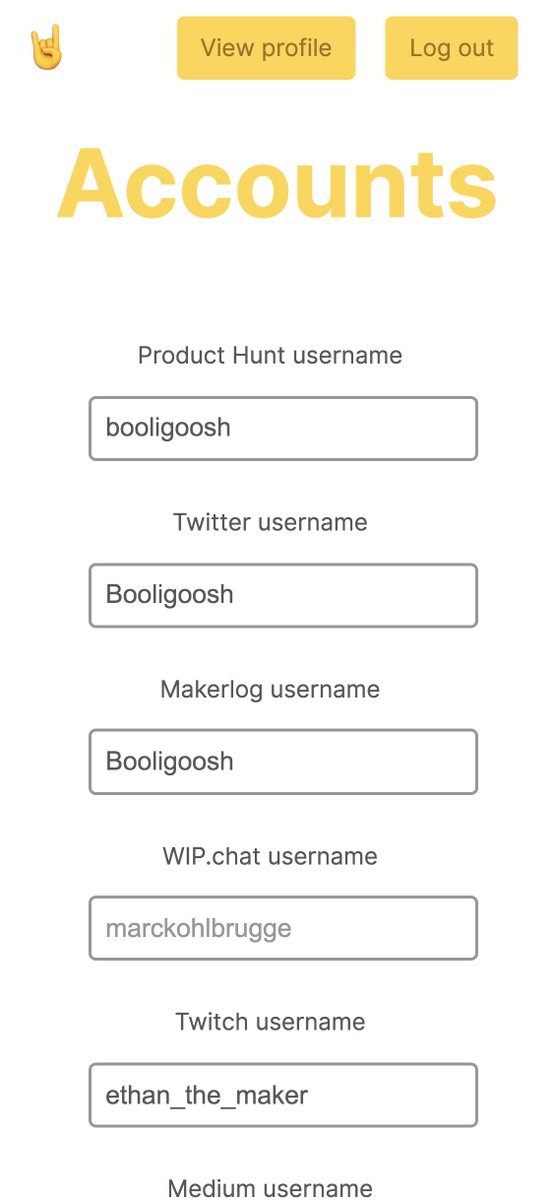Tip: Take a 10-minute break every hour
Difficulty: 1
How-To: Set up a spot in your calendar 10 minutes before every new hour. Stand up, take a break, enjoy yourself for a few.
Tip: Stretch and move
Difficulty: 1
How-To: In a meeting or taking a break, you need to move those joints. Stretch out, stand up, do jumping jacks, go jousting, whatever.
Tip: Wear pants
Difficulty: 1
How-To: I know it's cliche, but this makes a difference. At the very least put on some gym shorts.
Tip: Go outside at least twice a day
Difficulty: 1
How-To: Paging Captain Obvious: your body needs sunlight. Take a walk or go grab lunch. This will energize you more than you think.
Tip: Don't eat lunch at your desk
Difficulty: 1
How-To: Yes, that Dominos looks delicious. No, it doesn't belong at your desk while you Zoom with your team. Separate your living space from your work space if possible.
Tip: Take a deep breath break every hour
Difficulty: 1
How-To: You can use a guided app for this, or just close your eyes and breath at the top of every hour. Take a moment to reset your mind and dive back into the next task.
(1/2)
Tip: Set aside time every day to learn something new
Difficulty: 1
(2/2)
How-To: This is more for your sanity than your productivity. You'll probably do a lot of repetitive tasks when working from home. Set aside time to learn about something that interests you. Treat yourself and grow in the process.
Tip: Listen to pump-up music
Difficulty: 1
How-To: Doesn't matter if this is Taylor Swift, Binaural Beats, or the Phineas and Ferb soundtrack: listen to music that energizes you (especially at the beginning of a new task.)
Tip: Set up a distracting site blocker
Difficulty: 2
How-To: You'd be shocked how many times you subconsciously check Twitter per day. Set limits on when and how you can browse certain sites. I use Opal for this, but there are tons of other options.
Tip: Take a mental health day once per month
Difficulty: 2
How-To: We don't take enough full days off from work. If you can manage to take a day off per month just to recharge, you'll be able to do effective work much more consistently over time.
(1/2)
Tip: Split your day into "Energetic" and "Non-energetic" portions
Difficulty: 2
(2/2)
How-To: Figure out when you are most energized during the day. Schedule your biggest and most important tasks for that time. Do the same for your least energetic times of day. Schedule repetitive work for these times.
Tip: Determine what a successful day at home looks like
Difficulty: 2
How-To: Set a north star for each day that clearly tells you "If I accomplish X, today will be a good day." Meet that standard daily. Do more if you can, do the minimum if you can't do more.
Tip: Get a mic and webcam
Difficulty: 2
How-To: This will improve your communication. Zooms and Looms will sound better, look better, and make you feel a little better about hopping on calls all day. This also dramatically improves the quality of your recordings.
Tip: Add tasks to your calendar
Difficulty: 2
How-To: Don't just schedule meetings. Schedule your tasks. If you have to write a blog today, create a task on your calendar and block out the time you need. For best results, don't deviate from the time you set.
Tip: Conduct a Self Review every Monday
Difficulty: 2
How-To: Give yourself time to catch up with...you. Ask what went well last week. Ask what was tough last week. Assess your performance, and make goals for the coming few days. Take notes and keep track of your progress.
Tip: Prioritize your daily work
Difficulty: 2
How-To: It's not enough to have a to-do list. You have to prioritize the tasks and schedule them accordingly. Do your big tasks in high-energy windows. Make sure you can focus on only that task during that time.
Tip: Put your phone on the other side of the room
Difficulty: 2
How-To: What you can't touch or see can't distract you (at least as easliy.) Lock your phone away somewhere outside arm's reach. You have enough distractions at home, you don't need one more.
Tip: Write out weekly focal points
Difficulty: 3
How-To: Focal points are the tasks you need to accomplish this week that tie directly to your core goals.
(1/2)
Tip: Establish 3-5 core goals weekly
Difficulty: 3
(2/2)
How-To: These goals may carry over from the past week, and that's OK. What are the 3-5 most important things you can do this week? If nothing else got done but these, you would still feel accomplished. Tie all work back to these goals.
Tip: Tie all projects to a weekly goal
Difficulty: 3
How-To: What are the main projects you know you have to tackle this week? Make sure they tie directly into your core goals for the week. If they don't they shouldn't be included as priority projects.
Tip: Tie all tasks to a project
Difficulty: 3
How-To: Reverse engineer your main projects to find out the tasks that are required to complete them. Plan out a specific time on your calendar to complete each task.
Tip: Start and end at the same time every day
Difficulty: 3
How-To: The actual time doesn't matter. The consistency matters a lot. Wake up at X, start work at Y, and end the day at Z. Every single day.
Tip: Record explainer videos
Difficulty: 3
How-To: Meetings can quickly add up and add stress. Opt to record your thoughts or needs in a Loom video instead. Share the video with whoever needs it. Add to the discussion in Slack instead of Zoom.
Tip: Set non-negotiable focus hours
Difficulty: 3
How-To: Aim to have at least 2 hours of uninterrupted focus tiem daily. If meetings try to make their way on your agenda during these times, decline them. This time is crucial and it's easy to lose it.
(1/2)
Tip: Don't expect to perfectly follow a routine
Difficulty: 3
(2/2)
How-To: You won't shoot 100% on your routine every day. In fact, you'll mess it up more often than not. It's more detrimental to your productivity to stress about this than it is to let it happen. Create a routine and try to stick to it, but accept when it isn't possible.
(1/2)
Tip: Add a 24-hour buffer to new tasks and ideas
Difficulty: 3
































